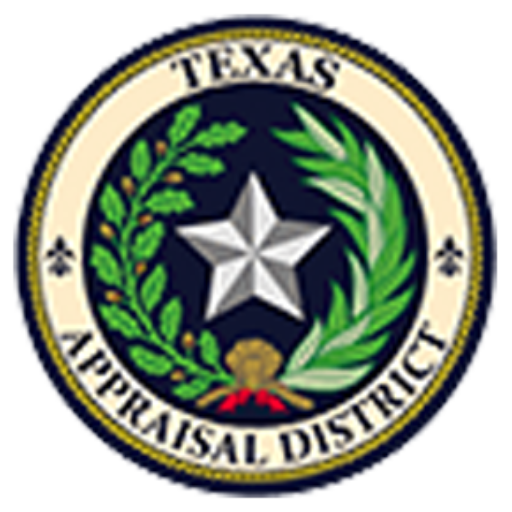100% Disabled Veteran Homestead
If you are a disabled veteran who receives from the US Department of Veteran Affairs (1) 100% disability compensation due to a service-connected disability; and (2) a rating of 100% disabled or of individual unemployability, you are entitled to an exemption from taxation of the total appraised value of your residence homestead. Beginning in 2012, this benefit has been extended to the surviving spouse upon the veteran’s death with certain restrictions. Attach a copy of your award letter or other document from the United States Department of Veterans Affairs to your application for this type of homestead exemption. You may receive this exemption immediately upon qualification.
Disabled Veteran Exemptions
Are you a disabled veteran or survivor? You may qualify for a property tax exemption if you are either (1) a veteran who was disabled while serving with the U.S. armed forces or (2) the surviving spouse or child (under 18 years of age and unmarried) of a disabled veteran or of a member of the armed forces who was killed while on active duty. You must be a Texas resident.
An Application for Disabled Veteran’s or Survivor’s Exemption can be found at the Forms Page under the Residential Exemption Section (11-22). Click Here
To establish eligibility, you must have documents from either the Veterans’ Administration or the branch of the armed forces that shows the percentage of your service-related disability. Your disability rating must be at least 10 percent.
If you are a surviving spouse or child, you must have the veteran’s disability records. You may need other documents such as proof of marriage or age.
Currently, the exemption ranges from $5,000 to $12,000, depending on the extent of the disability. This exemption is not only for a home — you can apply it to any property you own on January 1, such as to a truck used for business purposes. However, you may pick only one property to receive this exemption. The appropriate exemption amount will be deducted from the appraised value of the property to which you want the exemption applied.
The disabled veterans’ exemption is different from a disabled homeowner’s exemption, and disabled veterans do not necessarily qualify for the latter type exemption.
This chart outlines disabled veterans’ exemptions effective January 1, 2008:
| Description | $ Amount of Exemption |
|---|---|
| Disability Rating of 10 – 29% | 5,000 |
| Disability Rating of 30 – 49% | 7,500 |
| Disability Rating of 50 – 69% | 10,000 |
| Disability Rating of 70 – 100% | 12,000 |
| 65 years of age and disabled at least 10%, or blind, or paraplegic, or having lost one or both limbs | 12,000 |
| Surviving spouse or children of a deceased disabled veteran | 5,000 |
If you have a disability rating of 100% or individual unemployability, you should also consider the 100% disabled veterans’ homestead exemption.
Disabled Person (or Surviving Spouse) Exemption
Any person who meets the Social Security Administration’s standards for disability may be eligible for a special homestead exemption, even if they are not receiving disability benefits. This means that a person has a medically determinable physical or mental impairment that prevents them from engaging in any substantial gainful activity and the impairment is expected to last for at least 12 months or result in death. A person who receives disability benefits under the Federal Old Age, Survivors and Disability Insurance Program could qualify.
Similar to the exemption available for people over 65, an exemption for a person with disabilities provides for a tax ceiling for school taxes. If you receive this exemption and purchase or move into a different home in Texas, you may also transfer the same percentage of tax paid to a new qualified homestead. This is known as a ceiling transfer (Request to Cancel/Port Exemptions). It is possible to transfer your tax ceiling for county, city, or junior college taxes if they have adopted a tax ceiling and you move to another home within the same taxing unit.
If a homeowner claiming this exemption passes away and their spouse is 55 or older and continues to own the home, the spouse can continue to hold the exemptions and tax ceiling on the property.
To apply, you must submit an application and include documentation of your disability. Documents can include a current copy of your disability determination issued by the Social Security Administration or a statement from your physician verifying your permanent disability. If submitting a Physician’s Statement, an applicant must also provide a copy of a recently filed federal income tax return and corresponding W2s.

